- California Assembly OKs highest minimum wage in nation
- S. Korea unveils first graphic cigarette warnings
- US joins with South Korea, Japan in bid to deter North Korea
- LPGA golfer Chun In-gee finally back in action
- S. Korea won’t be top seed in final World Cup qualification round
- US men’s soccer misses 2nd straight Olympics
- US back on track in qualifying with 4-0 win over Guatemala
- High-intensity workout injuries spawn cottage industry
- CDC expands range of Zika mosquitoes into parts of Northeast
- Who knew? ‘The Walking Dead’ is helping families connect
UN chief gets dragged into late businessman suicide scandal
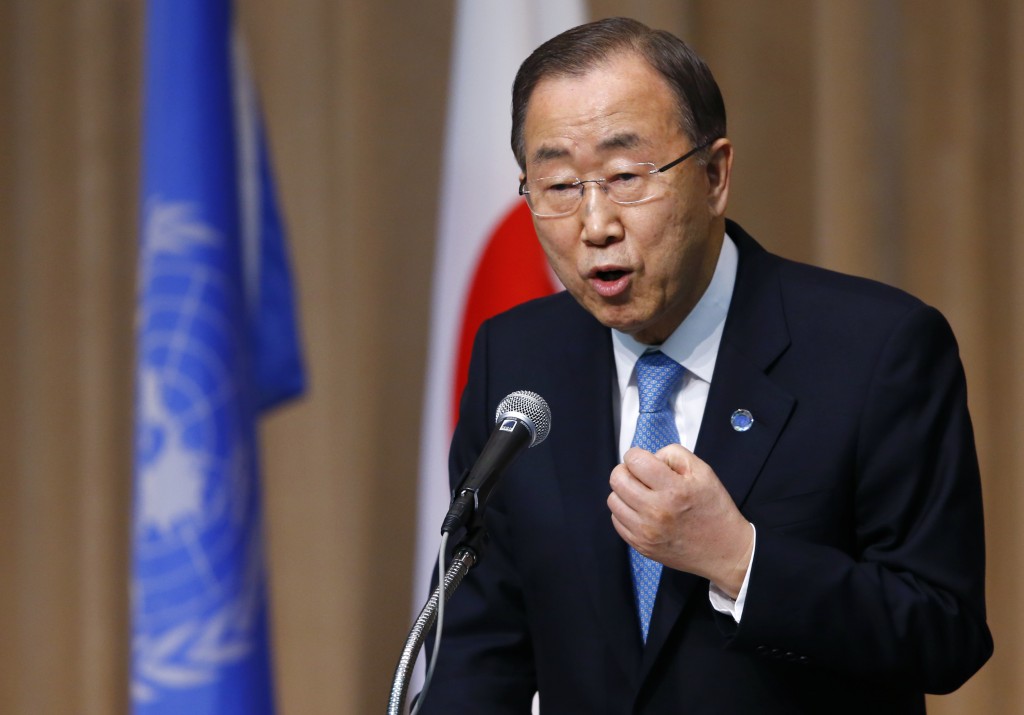
U.N. Secretary General Ban Ki-moon delivers a speech during a symposium of the 70th anniversary of the United Nations at the UN University in Tokyo, Monday, March 16, 2015. (AP Photo/Shizuo Kambayashi)
By Do Je-hae
The latest headlines on the Sung Wan-jong bribery scandal are zeroing in on the relationship between the late businessman and United Nations Secretary-General Ban Ki-moon, as both hail from the Chungcheong region.
Although Ban has shown indifference in moving back into national politics, Korea’s most illustrious diplomat is nevertheless considered one of the front runners from the Chungcheong region for the 2017 presidential election.
Media reports underlined Thursday the close Ban-Sung ties in the bribery scandal that centers on Prime Minister Lee Wan-koo, also a Chungcheong native.
According to a Kyunghyang Shinmun interview conducted right before Sung’s death and published Thursday, Sung professed a special connection with Ban.
“It is true that Ban and I are close,” Lee said. “His younger brother serves in my company. Ban is also a founding member of the Chungcheong Forum.”
Sung founded the Chungcheong Forum, a network of politicians, public officials and journalists from the Chungcheong region in 2000. The forum has 3,500 members.
The former lawmaker used the forum as a tool to cultivate ties with influential figures to advance his business and political interests.
“I think my ties to Ban were one of the biggest reasons Lee turned against me,” Sung said.
The paper also reported that Sung had visited Kwon Roh-gap, a close aide to the late President Kim Dae-jung, in November 2014 with the suggestion of picking Ban as the opposition’s flag bearer in the next presidential election.
The embattled prime minister denied his role in the energy diplomacy probe that ultimately led to Sung’s death. “It is absurd that I had any role in the prosecution’s launch of the probe,” Lee said at the National Assembly Thursday.
He also denied that he harbored any resentment of Ban. “I have nothing to do with him.”
The people of Chungcheong, an economic and political outcast in Korea, have longed for a President from their own region. Some Chungcheong-based newspapers have lamented this week that the region’s hopes for the 2017 presidential elections have been dashed with Lee being portrayed at the heart of the bribery scandal involving some of President Park Geun-hye’s closest aides.
Just last week, Lee held a press conference at his residence in Sejong City where he spent a lot of time fielding questions about his plans for the next presidency. He seemed extremely cautious about revealing his future political path. “I will only devote myself to my role as prime minister. I consider this my last office,” Lee said.
Lee would have a tough competitor in Ban, as the 71-year-old diplomat has taken the lead in various polls over the past few months for frontrunners in the 2017 presidential election.
Sung had castigated Lee for being the wrong person to start an “anti-corruption” war, when Lee himself had taken kickbacks during the 2013 parliamentary by-elections.
Upon assuming office, Lee declared a war against corruption in a national address in March. A few days later, the prosecution started a probe into failed energy projects implemented during the Lee Myung-bak administration by investigating some corporations, including Sung’s Keangnam Enterprises. The former chairman of the of the troubled construction company committed suicide April 9.
The Kyunghyang Shinmun posted the 48-minute interview script on its website Wednesday evening, and its excerpts were widely reported Thursday.
Lee has faced incessant calls from within the Saenuri and opposition parties to quit due to his association with one of the biggest political scandals of the Park Geun-hye administration.
The nation’s No. 2 leader is one of eight political stalwarts listed on a slush fund memo left behind by Sung. Also included on the list were President Park’s two previous chiefs of staff — Huh Tae-yeol and Kim Ki-choon — as well as the incumbent, Lee Byung-kee.







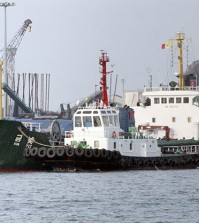
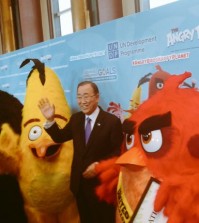
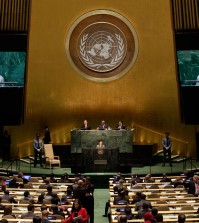
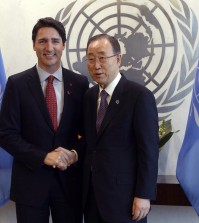

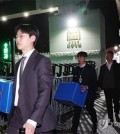
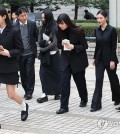
![넷플릭스 2025년 라인업 공개 [넷플릭스 제공. 재판매 및 DB 금지]](http://www.koreatimesus.com/wp-content/uploads/2025/04/20250415135202671-copy-120x134.jpg)
